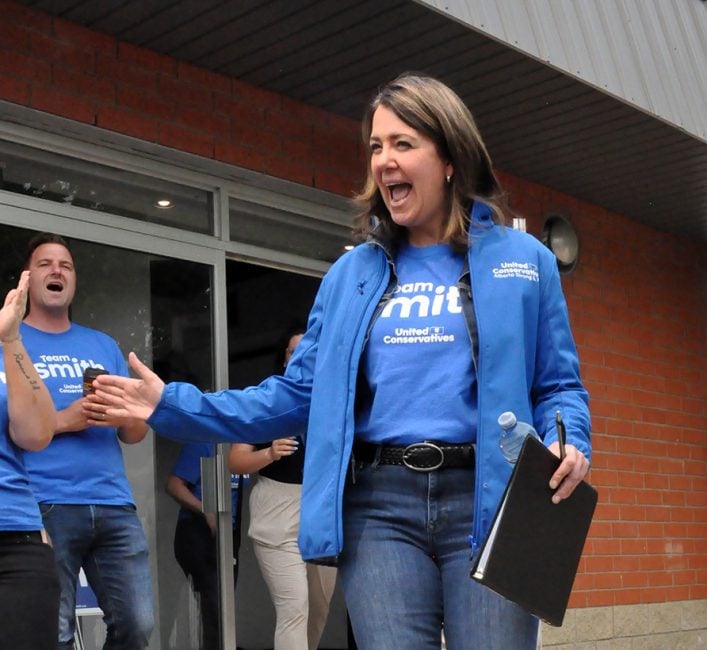On the eve of Alberta’s general election, it’s too close to call with several polls showing the United Conservative Party with a slight lead over the NDP in a tight two-party race.
The major issues at play have focused on the provincial economy, healthcare and public safety, targeting voters in larger municipalities. Issues such as agriculture, the environment and municipal infrastructure funding were less significant.
The lines drawn at the beginning of the election remain the same; the NDP dominates Edmonton, the UCP in rural areas. Calgary, the frontline for both parties, has drawn most of the attention from both party leaders.
Read Also

Research looks to control flea beetles with RNAi
A Vancouver agri-tech company wants to give canola growers another weapon in the never-ending battle against flea beetles.
Whether the NDP’s Rachel Notley makes a return to the premier’s office after a four-year absence or UCP incumbent Danielle Smith resumes her seat in the legislature, it appears the inactive oil and gas infrastructure issue is not going away.

During a UCP rally in her home riding of Brooks-Medicine Hat, Smith said she’s heard the concerns of rural municipalities voicing concern over the issue of oil and gas companies not repaying their taxes.
“We made it a condition you couldn’t transfer a well licence unless your municipal taxes are paid up,” Smith said during a rally in Medicine Hat. “We want to extend that to landowner leases next. It’s a little more complicated because we have to figure out how to get the information.”
The cost of well clean-up is estimated to be in the tens of billions to hundreds of billions of dollars, with Smith highlighting the provincial legislation that will make the oil and gas sector spend more than $700 million this year, rising annually to nearly a billion by 2027.
“And it’s going to keep ongoing up until the liability is cleared,” said Smith. “And I hope that gives confidence and comfort to landowners that we take those issues seriously.”
Notley said during her own rally in Medicine Hat that provincial funds will not go toward cleaning up oil and gas infrastructure if she’s elected.
“I will not under any circumstances ask Alberta taxpayers to pay $20 billion towards rewarding companies that break the law and don’t clean up after themselves,” she said, referring to Smith’s controversial RStar program. “That’s Danielle Smith’s plan and that’s a bad idea. Not only will it cost taxpayers, but it will actually incent those companies that are following the law to stop following the law.”
The Alberta Energy Regulator tasked with enforcing those laws has been criticized from multiple sides with many rural property owners and municipalities, the provincial auditor general and First Nations groups saying they aren’t enforcing the regulations.
Both Smith and Notley say change is needed.
“I feel very strongly that if people are going to have confidence in their industry, they have to follow the rules, they have to pay their bills,” said Smith. “If we need more robust oversight at the Alberta Energy Regulator, we will do that.”
Smith said there have been issues with oversight and communications at the AER.
If elected, Notley said she’ll be looking to put in provisions that will reward oil and gas sector players who pay their bills and clean up their inactive infrastructure with quicker regulatory approvals for new projects.
“On the other hand, the AER, quite honestly, has been failing on its protection mandate and we know that in a number of different ways. Whether we are talking about the leaks in the Athabasca River up north or whether we are talking about finding ways to compel clean up after smaller projects,” she said.
As of May 25, more than 450,000 Albertans have participated in advance polls which are open until May 27.
Alberta’s election day is May 29.
alex.mccuaig@producer.com


















